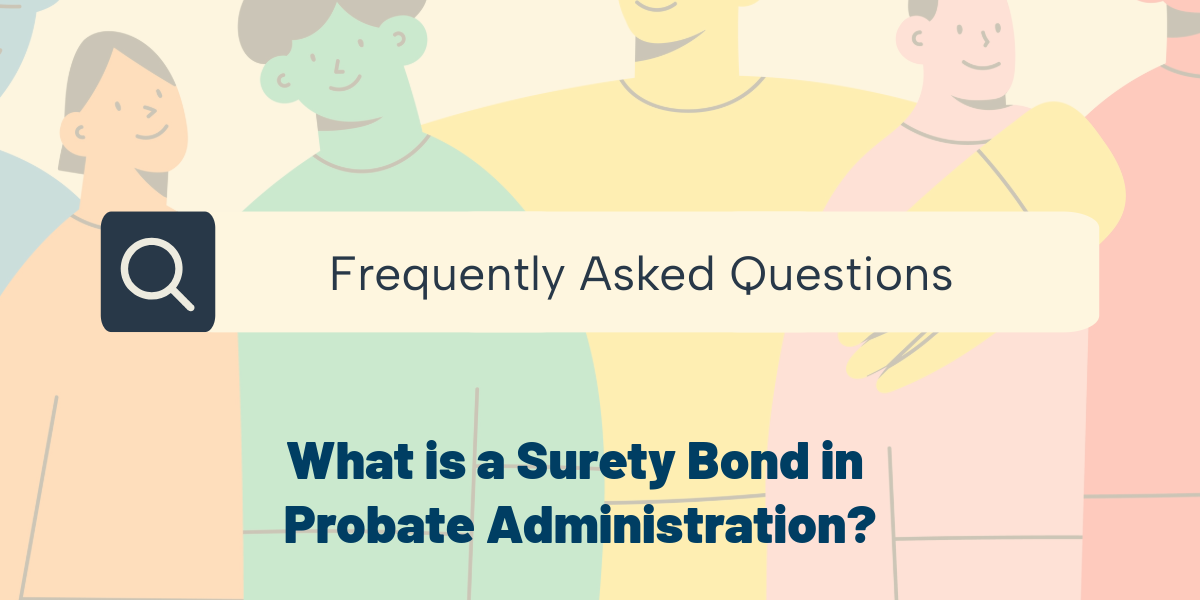What is a Surety Bond in Probate Administration?
Detailed Answer
In North Carolina probate administration, a surety bond serves as a formal guarantee. It involves three parties: the personal representative (formerly known as executor), the court, and a surety company. By posting a bond, the personal representative assures the court and heirs that they will manage the estate assets honestly and according to state law.
Under North Carolina law, the clerk of court usually requires a bond before allowing the personal representative to act. The requirement appears in N.C.G.S. § 28A-13-3. The court sets the bond amount based on the estimated value of the decedent’s assets. The bond protects creditors and beneficiaries. If the personal representative mismanages funds or fails to follow court orders, the surety company must cover losses up to the bond amount. The surety then may seek reimbursement from the personal representative.
Some wills waive the bond requirement. When a will expressly waives bond, the personal representative may act without posting security. This waiver option appears in N.C.G.S. § 28A-13-4. The waiver must meet strict statutory language to take effect.
To obtain a bond, you work with a licensed surety or insurance company. The estate typically pays a premium, a small percentage of the total bond amount. Once the court approves the surety company and bond amount, the personal representative gains full authority to collect assets, pay debts, and distribute inheritances.
Key Points to Remember
- Purpose: Guarantees honest and lawful management of estate funds.
- Requirement: Set by the clerk under N.C.G.S. § 28A-13-3.
- Amount: Based on the estate’s total value.
- Waiver: Possible only if the will meets N.C.G.S. § 28A-13-4 language.
- Cost: Estate pays a premium to a licensed surety company.
- Liability: Surety covers losses, then seeks reimbursement from the personal representative.
Get the Help You Need
Understanding surety bonds can ease your path through probate administration in North Carolina. At Pierce Law Group, our attorneys know the statutes and procedures that guide bond requirements and waivers. If you need assistance or have questions about posting or waiving a bond, email us at intake@piercelaw.com or call (919) 341-7055. We’re ready to guide you through every step.


